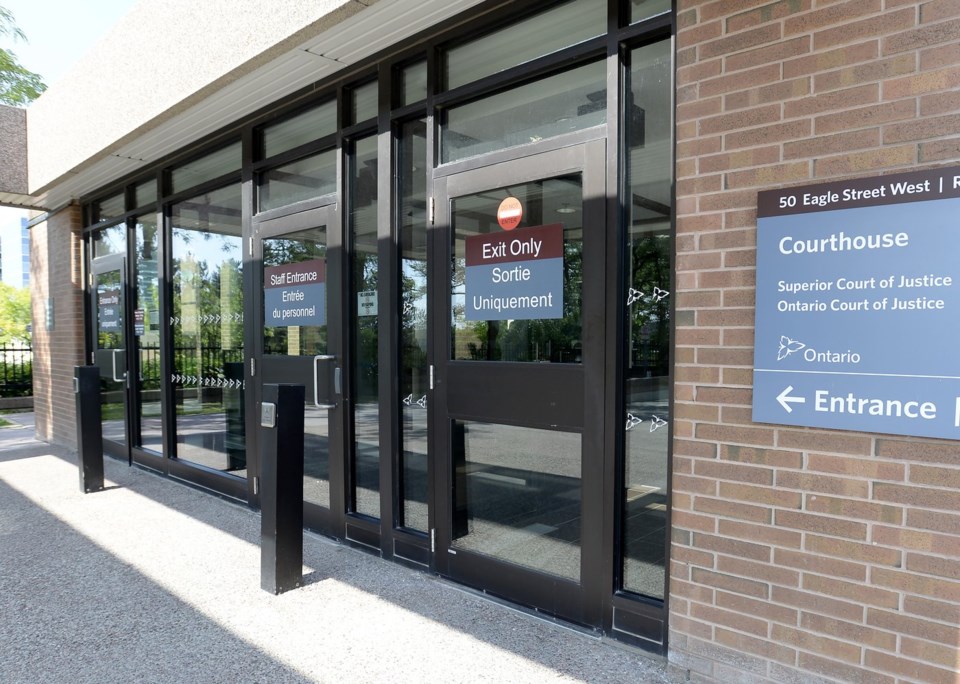TORONTO — Ontario is set to introduce legislation this week that would speed up judicial appointments, add more judges to the Ontario Court of Justice and create new prosecution teams, the government announced Monday.
The changes include a new pool-based recommendation process for judicial positions that would seek to streamline appointments and require a committee to consider criteria set by the attorney general, the Progressive Conservative government said.
Attorney General Doug Downey said the province will also allocate 17 more judges to the lower courts to keep up with a growing number of complex cases and backlog of criminal cases.
"These changes will support our goal of providing swift access to justice for victims of crime and help them avoid the grief and anxiety that come with delays," Downey said at a press conference Monday morning, adding that the province would also introduce a new cybercrime and cryptocurrency prosecution team.
Last year, Premier Doug Ford faced criticism for his government's appointment of two former staffers to its judicial appointments committee, and he defended the move by saying the Progressive Conservatives were elected to appoint "like-minded people" as judges.
Ford suggested at the time that judges and justices of the peace are too lenient on criminals and are letting people out on bail too frequently, so he wanted tougher judges to be appointed.
"Every single appointment I can to find tough judges, tough (justices of the peace) to keep guys in jail ... I'm going to do it," Ford said in February 2024. "So, that's part of democracy. You voted a party in."
The appointment committee – made up of three judges, three lawyers and seven members of the public – reviews applications and conducts interviews for prospective Ontario court judges, then sends a ranked list of its recommendations to the attorney general, who appoints someone from that list.
Downey said the new legislation is part of the government's goal to get "tough on crime" and keep violent, repeat offenders behind bars.
Michael Spratt, a criminal defence lawyer based in Ottawa, said the judicial appointments process could be sped up without new legislation, adding that some past delays have stemmed from government inaction rather than legislative barriers.
"So when when politicians like Ford and Downey are claiming that something that's not broken needs to be fixed, we have to all be very concerned that the fix is in," he said Monday.
"Given their past comments and their past changes and their history with appointing judges, we have to be very concerned that this isn't about speeding up judicial appointments, but this is about changing the rules to make it easier to appoint their friends and well-wishers to the bench."
It takes decades to build public trust in the judiciary but that trust can be destroyed by a single attorney general in a matter of years, Spratt said.
Monday's announcement came as Canadians were headed to the polls to elect a new federal government. Downey accused Ottawa of implementing "revolving door bail policies" that he said have led to violent crimes in the province.
"With the federal election today, we hope whoever wins heeds our calls for tough-on-crime action that puts an end to these policies," Downey said.
He added the province is "laser-focused" on getting justice for victims and their families.
"If you commit a crime in Ontario, we will do everything in our power to find you, prosecute you and put you behind bars," said Downey.
This report by The Canadian Press was first published April 28, 2025.
Rianna Lim and Paola Loriggio, The Canadian Press




